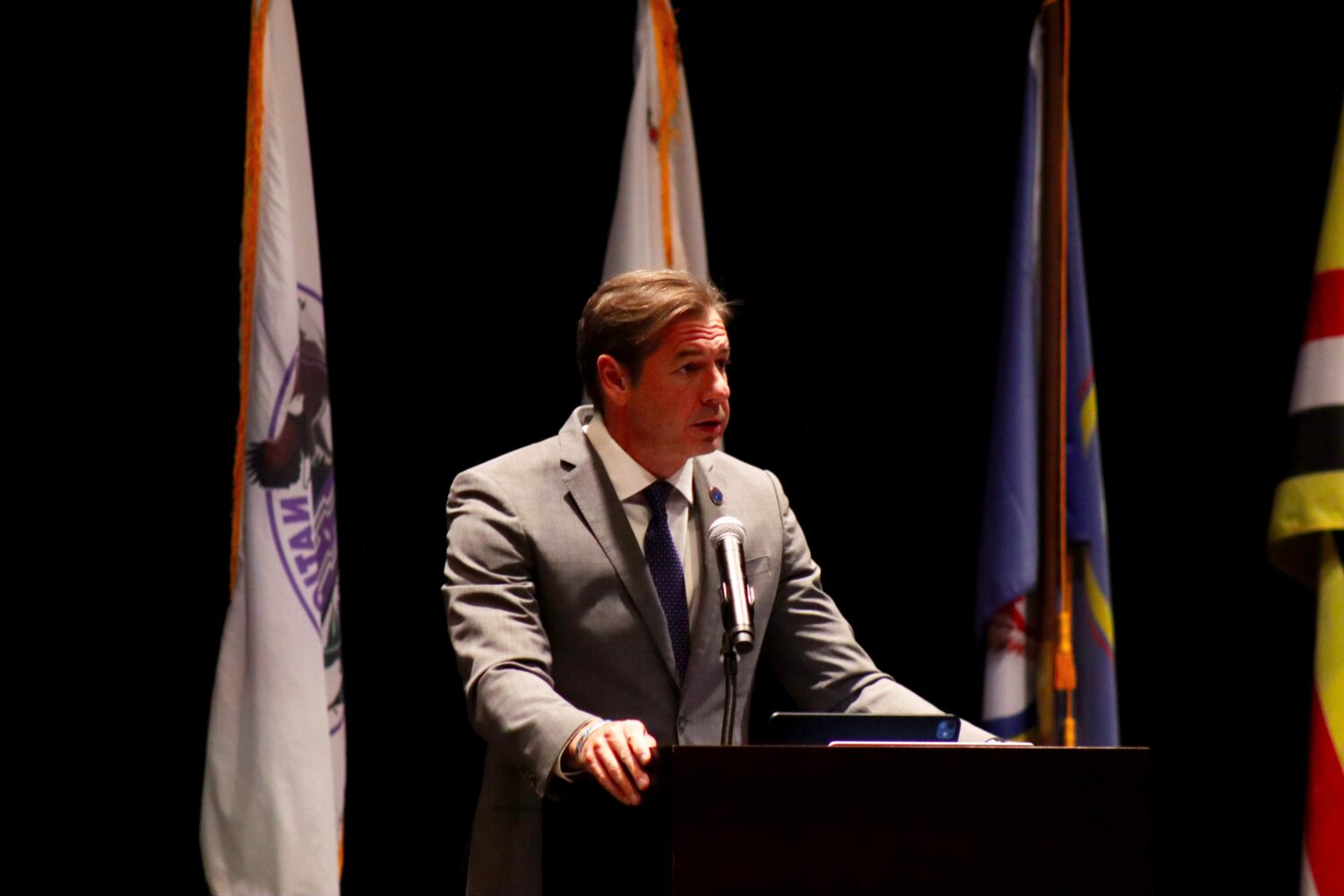
The National Center for American Indian Enterprise Development (NCAIED) and Native American Contractors Association (NACA) have issued a survey on how the Trump Administration’s policies and actions have economically impacted Tribal Nations, businesses and communities.
The survey was released Oct. 2nd in the wake of freezes on federal grants and policies that impact tribes. An assessment was released in May following a previous survey on the impacts of the Trump Administration’s policies that have affected Indian Country. The previous survey gauged the perspective from Tribal leaders and decision makers, but the new round looks to find how it is impacting everyday people.
“We felt now that, with a good year into the administration, we needed to redo the survey to see [and] listen to the people’s voice,” said Chris James, CEO of NCAIED. “We’re hoping folks can go to the survey, they can fill it out, any impacts that they may have. Maybe a loss of a contract. It can be positive or negative. Unfortunately, it’s probably going to be negative, but we’re also open to success stories, as well.”
Results of the survey will help advocacy efforts, James said. He hopes that real-life examples from respondents will get Congress to understand it — especially if it’s in their region.
The survey is around 10 minutes long and will be anonymous in its report. It asks what three areas are the Trump Administration policies and actions having the greatest negative impacts on your Tribal Nation, organization or the people your business serves.
It follows up with an open-ended question asking how it impacts you. Inversely, it asks if any policies have been helpful, if any.
The remaining questions ask:
“What do you believe the Administration needs to understand about Indian Country economic development generally and the role your Tribal Nation/Native organization plays in fostering economic growth in Native communities specifically?”
“If your Tribal Nation/Native organization receives federal funding or contracts, please explain how you specifically put those dollars to good use to grow Native economies and enhance the self-sufficiency of Native communities?”
Data gathered is vital for taking actionable steps to meet people’s needs, James said.
“Having those real-life examples is really impactful when we’re doing our advocacy work. We’re not just hearing from individuals that are saying ‘Hey, this really hurts my business.’ Maybe we can figure out tools on some assistance. Maybe it’s other avenues for contracting. Maybe it’s to open the door for more capital,” James said.
James is also running for Arizona’s fifth congressional district. While he aims to keep the work with NCAIED separate from a potential role in Congress, he does believe that the results of the survey could help inform actions he takes in his role.
The survey will remain open until Oct. 17.



